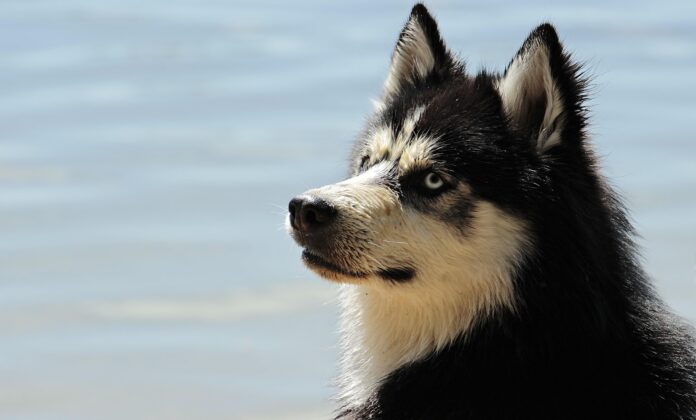The city of Nice retains its second place in the ranking of the largest dog-friendly cities. A recognition for its policies in favor of animal welfare.
For the third consecutive year, the city of Nice ranks second in the list established by the magazine 30 Millions d’Amis. This ranking, reserved for municipalities with more than 100,000 inhabitants, measures the efforts undertaken to improve the daily lives of dogs and their owners.
The ranking is based on several criteria: the presence of suitable public facilities (play areas, dog-friendly beaches, dog stations with bag dispensers), as well as awareness, cleanliness, and solidarity actions. These elements allow Nice to maintain its position.
Christian Estrosi, Mayor of Nice and President of the Nice Côte d’Azur Metropolis, sees this distinction as a recognition of municipal policy. “Nice is a city where our four-legged friends can enjoy living. This distinction highlights the deep and constant commitment of our city to provide dogs with suitable facilities to live in the best possible conditions.”
A campaign to make the city cleaner
Alongside the mayor, Richard Chemla, Deputy in charge of Ecological Transition and Animal Protection, is also committed to this cause. The objective is clear: to provide an urban space that respects animal welfare while promoting cohabitation with all residents.
“With Richard Chemla, my deputy […], our priority is to offer an accessible, secure, and respectful environment for all, both animals and dog owners or not,” states Christian Estrosi.
In Nice, several facilities have been created or reinforced. Dog stations are regularly maintained, and dog waste bags are easily accessible. Awareness campaigns are also conducted to remind pet owners of good practices and encourage their responsibility.
This recognition is not limited to a symbolic reward. It reflects an underlying trend: more and more cities are considering the place of animals in public spaces. In Nice, this approach seems to be well established.
The ranking by 30 Millions d’Amis has become an indicator followed by local authorities. It helps highlight the most active policies and encourages other cities to follow these examples.
For dog owners, this second place can represent an additional reason to choose Nice as a place to live. For the municipality, it marks a step in a broader policy of “living together,” which includes all residents, whether they have two or four legs.


